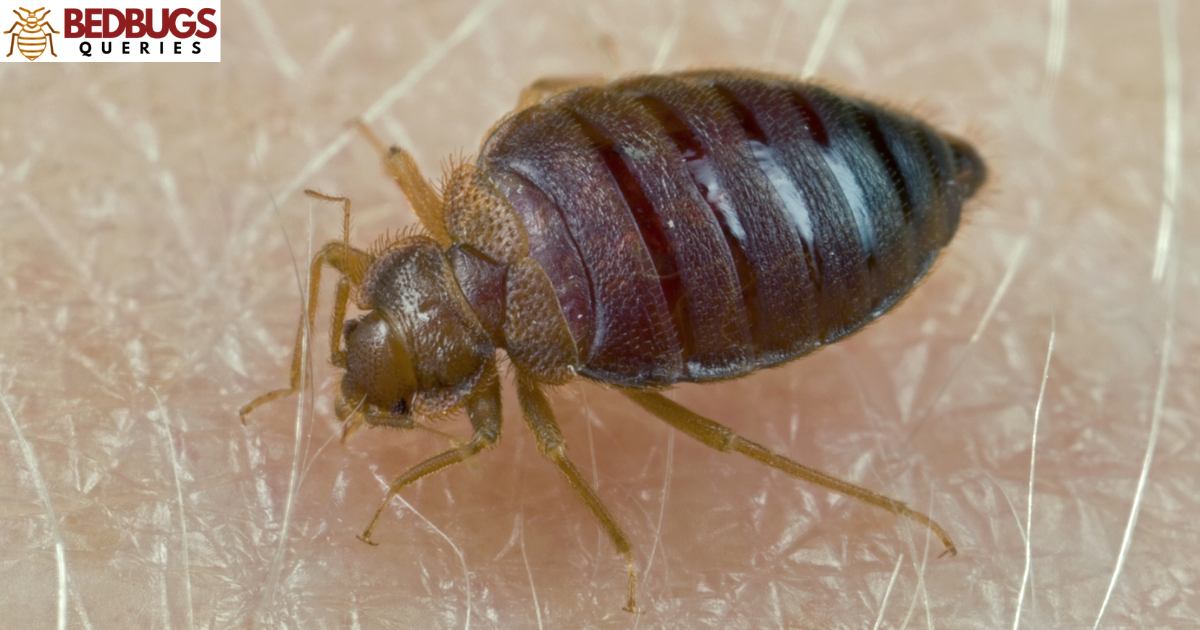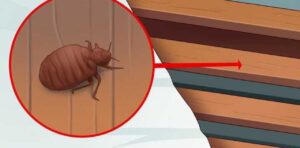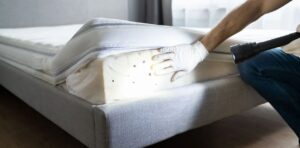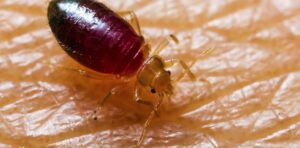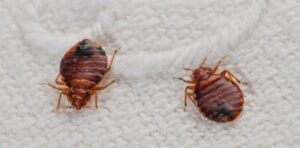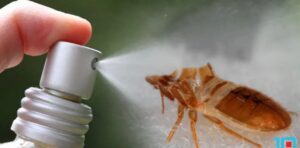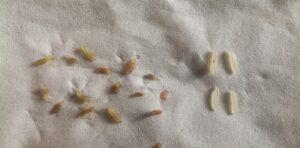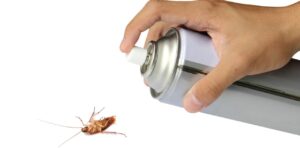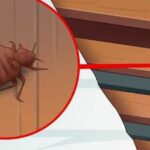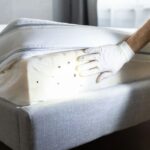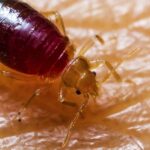Baby Powder Suffocate Bed Bugs refers to a DIY method used to combat bed bug infestations. It involves applying common baby powder to areas where bed bugs are suspected, creating a barrier that may obstruct their movement and interfere with their ability to breathe. The idea is to suffocate the bed bugs by clogging their respiratory system. While this approach is low-cost and non-toxic, its effectiveness and safety may vary, making it important to consider alternative treatments for a bed bug problem.
Does Baby Powder Suffocate Bed Bugs? This question often piques the curiosity of homeowners seeking cost-effective and non-toxic ways to deal with bed bug infestations. The idea behind using baby powder is that it can create a barrier that prevents bed bugs from moving freely and may interfere with their ability to breathe.
Using baby powder to suffocate bed bugs is a DIY approach that has gained attention due to its affordability and accessibility. When applied to potential bed bug hiding spots, baby powder may clog their respiratory system and make it difficult for them to survive. While some people report success with this method, it’s crucial to consider its limitations, potential health concerns, and overall effectiveness when dealing with a bed bug infestation.
Baby Powder Myth: Can It Really Suffocate Bed Bugs?
There’s a common belief that baby powder can suffocate bed bugs, but this idea lacks scientific support. Many people think sprinkling baby powder around the bed or on infested areas will eliminate bed bugs. Bed bugs have a waxy outer layer that helps them resist dehydration, and baby powder alone is not effective in suffocating them. In fact, relying solely on baby powder can lead to a false sense of security and allow the bed bug infestation to persist.
To effectively deal with bed bugs, it’s crucial to use proven methods such as professional pest control treatments or DIY approaches recommended by experts. Vacuuming, steam cleaning, and using insecticides specifically designed for bed bugs are more reliable strategies. While baby powder may have a pleasant scent, it’s not a solution for eradicating bed bugs.
Bed Bug Control From Investigating The Baby Powder Suffocation Technique
Bed bug control is a common concern, and one interesting DIY method gaining attention is the baby powder suffocation technique. Many believe that baby powder can effectively eliminate bed bugs by clogging their breathing apparatus. This method involves spreading a generous amount of baby powder around areas infested with bed bugs, creating a barrier that suffocates these pests.
The fine particles in the powder supposedly adhere to the bugs, obstructing their spiracles and leading to their demise. While some people claim success with this approach, it’s essential to note that scientific evidence supporting the efficacy of baby powder for bed bug control is limited, and professional pest control methods may be more reliable.
The Science Behind Using Baby Powder To Eliminate Bed Bugs
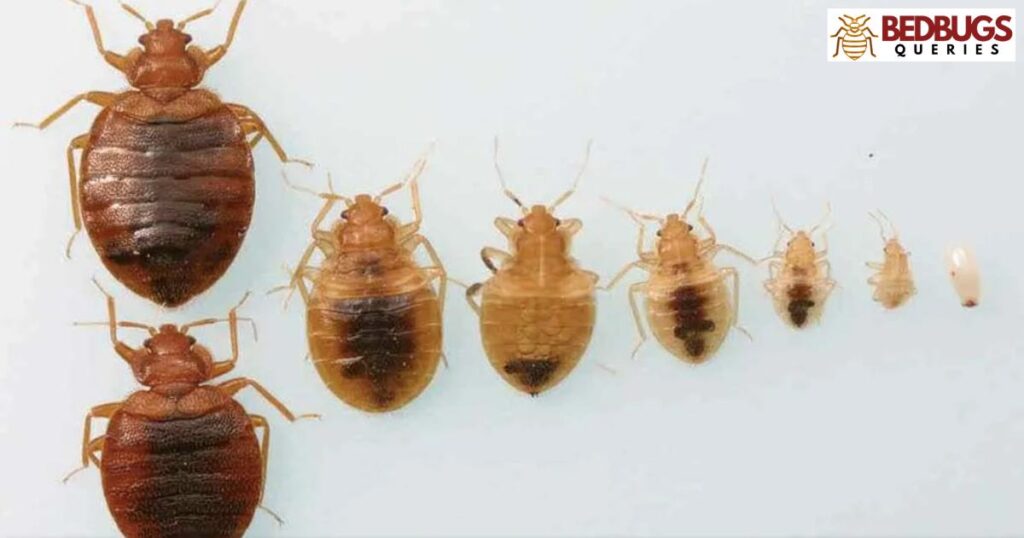
Bed bugs are pesky insects that can be a nightmare to deal with, and many people seek simple solutions to eliminate them. One surprising remedy gaining popularity is the use of baby powder. The science behind this method lies in the talcum or cornstarch base of baby powder. When bed bugs come into contact with baby powder, it disrupts their exoskeleton and absorbs the oils on their bodies, ultimately causing dehydration.
This process leads to the bed bugs drying out and, in turn, reduces their ability to survive and reproduce. By applying baby powder strategically around areas prone to bed bug infestations, individuals can take advantage of this natural and cost-effective solution. The use of baby powder as a bed bug deterrent is considered safe for humans and pets.
Unlike some chemical pesticides, baby powder poses no harm to the respiratory system or skin. It provides a non-toxic alternative, making it an attractive option for those concerned about the potential side effects of harsh chemicals. Combining the use of baby powder with other preventive measures, such as regular cleaning and proper sealing of cracks and crevices, can enhance its effectiveness in managing and preventing bed bug issues.
Debunking The Baby Powder Bed Bug Extermination Method
Many people believe in the myth that baby powder can effectively eliminate bed bugs from their homes. This method has been debunked by experts in pest control. Baby powder is not a reliable solution for bed bug extermination. While it may create a messy environment for these pests, it does not kill them or prevent their infestation.
Bed bugs have a remarkable ability to adapt, and the use of baby powder does not address the root of the problem. Relying on baby powder for bed bug control may lead to false hope and delayed action. Effective bed bug extermination requires professional intervention, such as using specialized pesticides or heat treatments.
| Myths About Baby Powder | Bed Bug Extermination | The Reality |
| Baby powder suffocates bed bugs | Efficacy questioned | Baby powder may hinder but not eliminate |
| An inexpensive DIY solution | Affordable alternative | Professional pest control is more effective |
| Safe for humans and pets | Minimal health risks | Inhalation risks; caution needed |
| Works on all bed bug stages | Limited impact on eggs | Mostly affects adults |
| Quick, easy, and non-toxic | User-friendly option | May require multiple applications |
| No need for additional treatments | Self-contained solution | Supplementary methods recommended |
It’s essential to understand that DIY methods like baby powder may provide only temporary relief and can even make the situation worse by allowing the infestation to spread. To truly combat bed bugs, seeking the expertise of pest control professionals is crucial for a thorough and lasting solution.
Alternative Bed Bug Remedies: Does Baby Powder Hold The Key?
Alternative bed bug remedies are a popular topic for those seeking non-chemical solutions to these pesky pests. One intriguing option that often comes up in discussions is baby powder. The idea is that baby powder can act as a deterrent, creating a barrier that makes it difficult for bed bugs to move freely. Some believe that the powder’s texture is abrasive to the insects, disrupting their ability to navigate and ultimately deterring them from infesting bedding and furniture.
While many people attest to the effectiveness of baby powder as a bed bug remedy, it’s essential to approach this alternative solution with caution. Scientific evidence supporting the efficacy of baby powder against bed bugs and Rubdomain Alcohol Kill Bed Bugs is limited, and it may not provide a comprehensive solution to an infestation.
Pros And Cons Of Using Baby Powder As A Bed Bug Control Strategy
Baby powder can be a cost-effective and non-toxic solution for tackling bed bug infestations. Its talc or cornstarch base absorbs moisture, making it difficult for bed bugs to thrive. When sprinkled around infested areas, baby powder creates an inhospitable environment for bed bugs, inhibiting their movement and reproductive capabilities.
This natural approach can be especially appealing to those seeking an alternative to chemical-based pesticides, as it poses minimal risk to human health and the environment. Baby powder is readily available and easy to apply, making it a convenient option for quick response to bed bug issues.
Baby Powder Bed Bug Myths: What You Need To Know For Effective Pest Management

Many people believe that baby powder can effectively repel bed bugs, but this is a common myth. Baby powder may create a messy environment, but it does not possess the properties needed to deter or eliminate bed bugs. To effectively manage bed bug infestations, it’s crucial to rely on proven methods and professional advice. Baby powder is not a viable solution for pest control.
Understanding the myths surrounding bed bug management is essential for effective pest control. While baby powder may seem like a quick fix, it does not address the root cause of the infestation. To tackle bed bugs successfully, consider proven strategies such as professional extermination, thorough cleaning, and the use of specialized bed bug treatments.
Frequently Asked Questions
How does baby powder work against bed bugs?
Baby powder is thought to absorb the bed bugs’ moisture, making it harder for them to move and potentially leading to their demise.
Is baby powder a reliable long-term solution for bed bug infestations?
Using baby powder alone is not a comprehensive or long-term solution for bed bug infestations; it’s more of a temporary measure.
Are there more effective alternatives to eliminate bed bugs?
Professional pest control methods and other bed bug treatments are generally more effective than relying solely on baby powder.
Is baby powder safe to use for bed bug control in homes?
While baby powder is generally safe for humans, it should be used with caution, and other proven bed bug control methods are recommended for more effective results.
Conclusion
In the quest to find an easy and cost-effective solution for dealing with bed bugs, the idea of using baby powder as a suffocation method has gained some attention. While it’s true that baby powder may hinder bed bugs’ movement by absorbing moisture, it is not a foolproof way to eliminate an infestation. Bed bugs are resilient pests that can adapt, and relying solely on baby powder is not a guaranteed solution.
It’s important to consider more proven and comprehensive methods for managing bed bug infestations, such as professional pest control, proper cleaning, and using mattress encasements. When it comes to bed bugs, a combination of approaches is usually the most effective way to address the problem and ensure a good night’s sleep without unwelcome guests.

